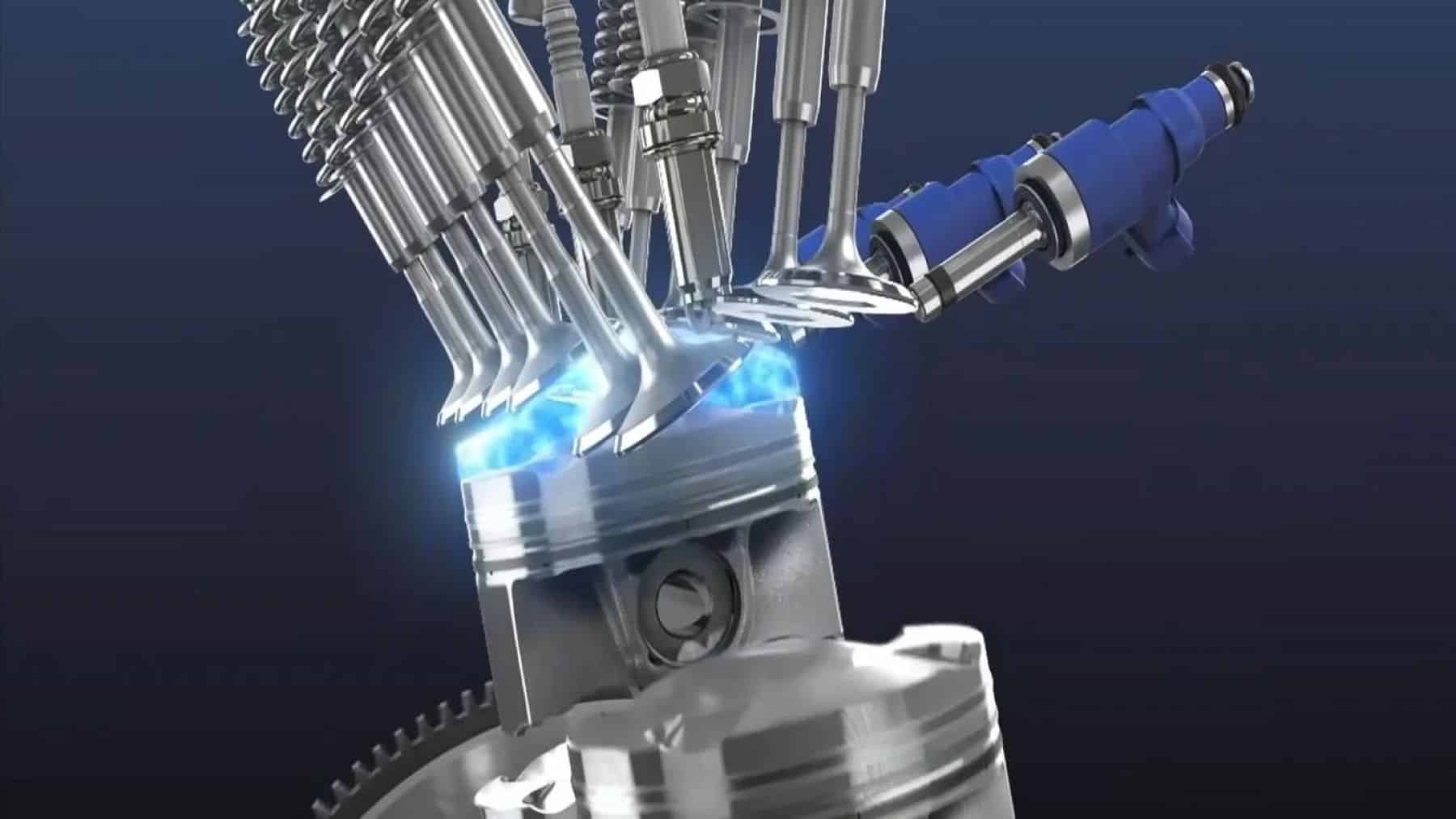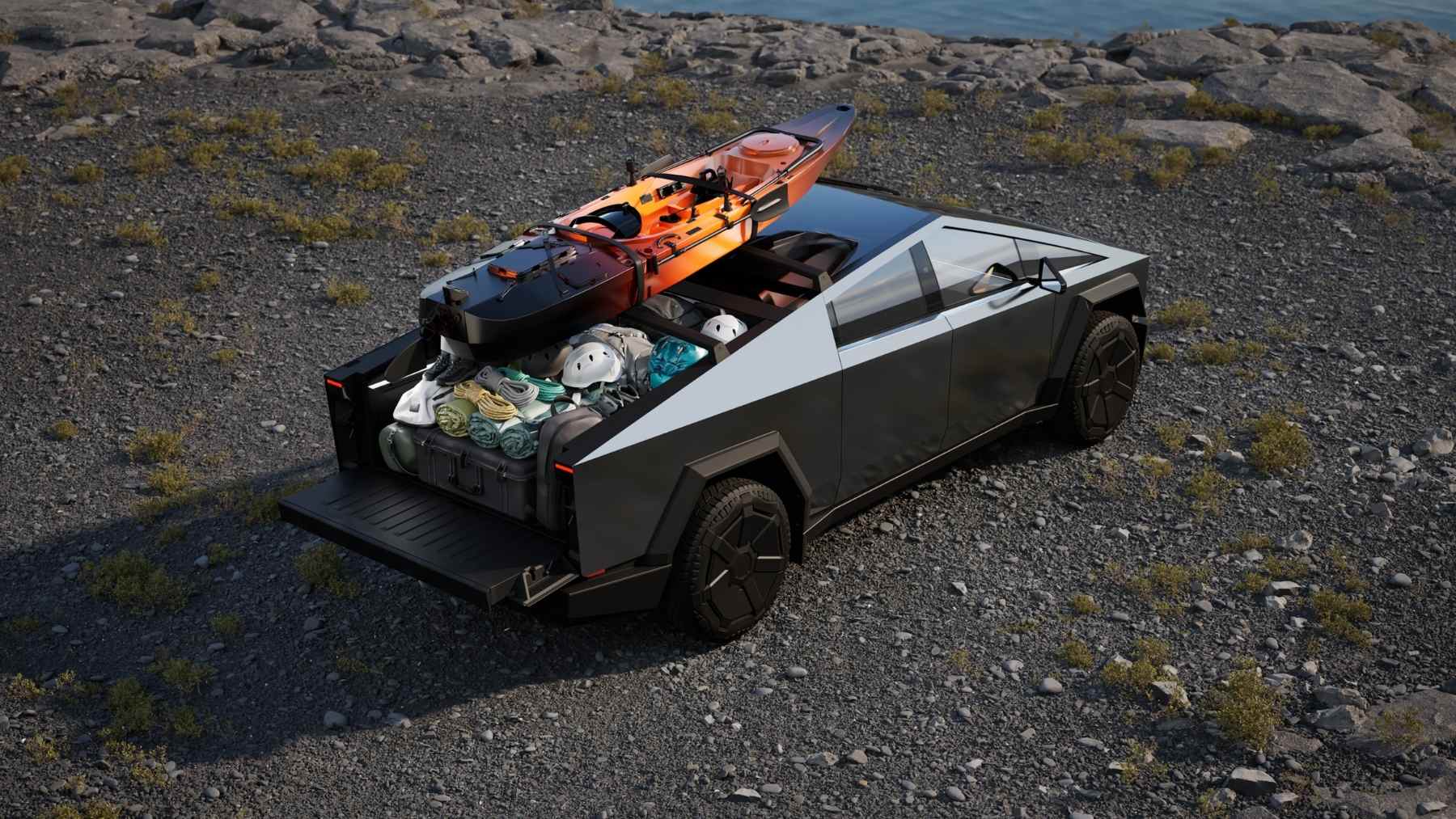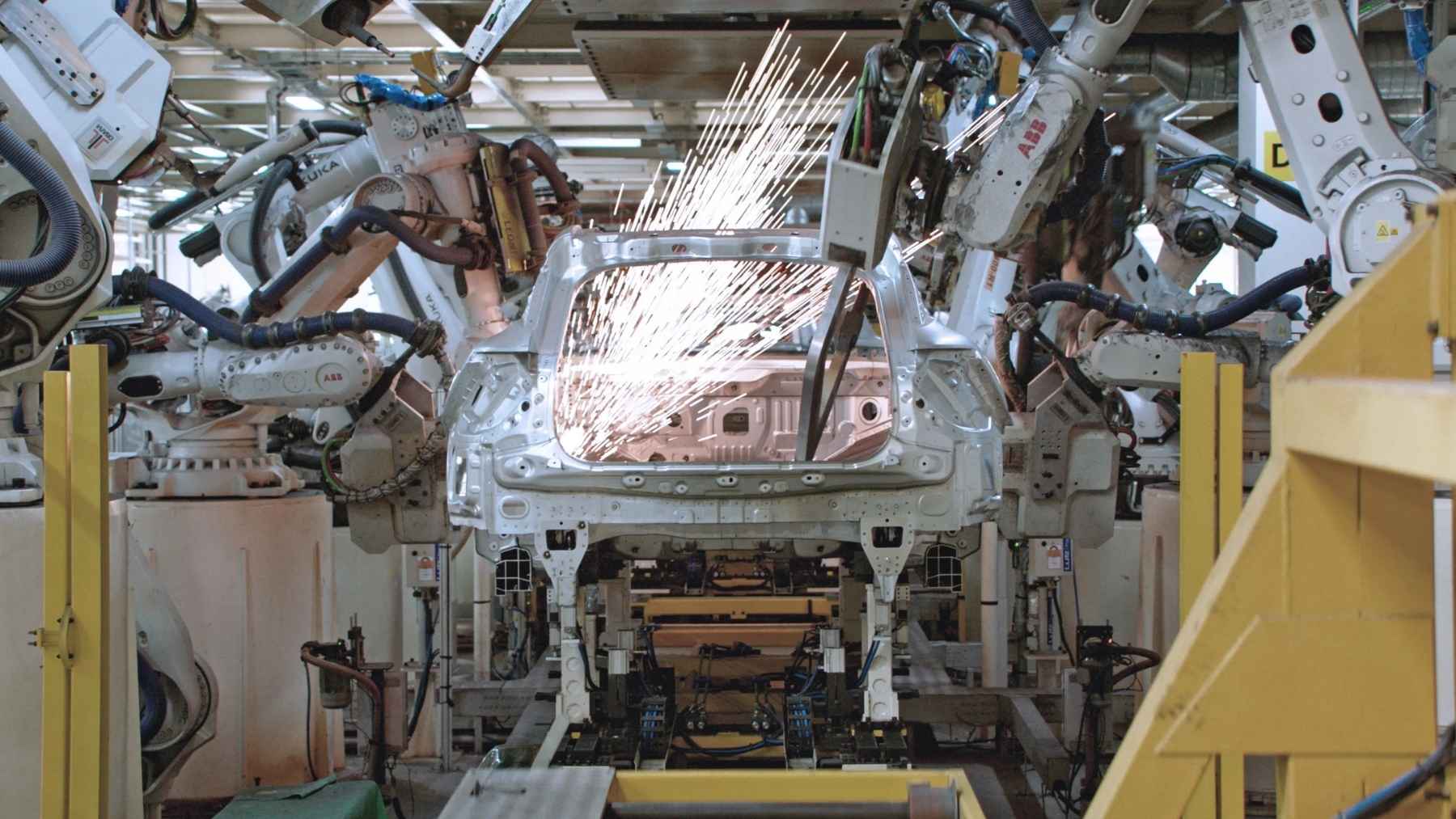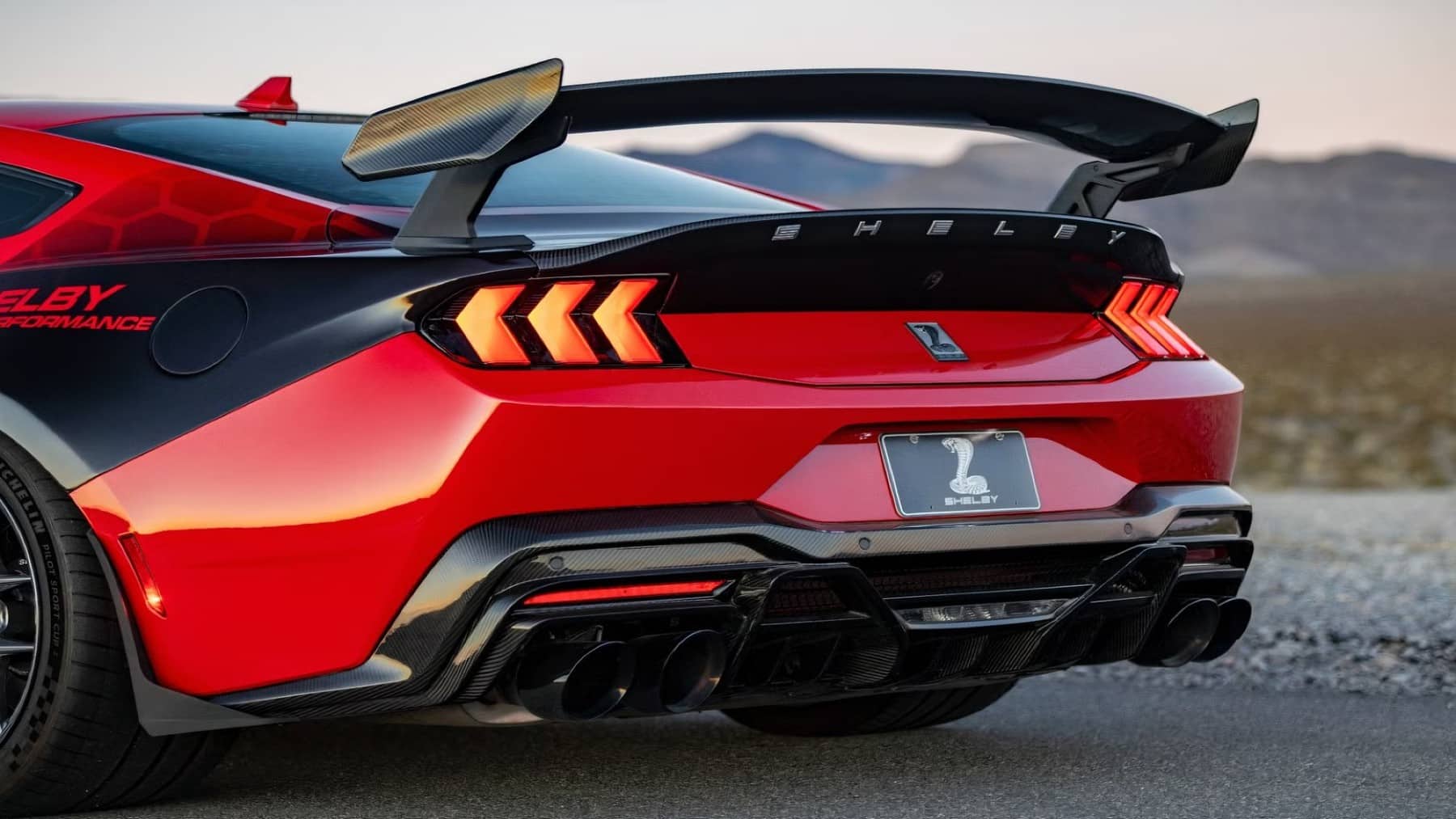Hydrogen engines have been growing in popularity among researchers and engine developers. While the electrical engine remains the dominant alternative engine on the road, hydrogen has been noted for its potential to not only diversify the market space but also for its potential in markets outside of passenger vehicles in the transportation industry, including aircraft and long-haul vehicles. In the heartland of the US, these two universities recently teamed up to launch a Hydrogen Engine Alliance of North America, dubbed the H2EA-NA.
Hydrogen’s potential outside of passenger vehicles
Hydrogen fuel-cell technology is an attractive solution amidst an age searching for renewable fuel options. The only output for hydrogen vehicles is water, meaning the engine releases zero emissions. However, it is important to bear in mind that when it comes to hydrogen technology that the fuel is only as ‘green’ as its source. Hence, the hydrogen must have been produced from a renewable source to be considered clean in the first place.
Despite the technicalities of the extent to which the technology is, the technology has been favored not by passenger vehicle manufacturers but rather in industries where battery electric technology is currently a realistic option. For example, renewable aircraft engine developers are targeting hydrogen technology as the density of batteries needed for an electrical commercial aircraft would be too dense for the aircraft to operate, whereas hydrogen, on the other hand, is much lighter.
Partnership developed towards a hydrogen engine breakthrough
Earlier this year, the University of Michigan and the University of California, Riverside, along with other stakeholders, partnered to launch the H2EA-NA. The partnership between these institutions is an effort to promote hydrogen engine development in the US. Most of today’s hydrogen developments are thanks to pioneering efforts in Asia and Germany from automobile developers like Toyota and Hyundai.
“Using hydrogen in internal combustion engines offers a low-carbon, long-term solution for transportation, particularly in applications where battery electric or fuel cell vehicles may not meet consumer performance requirements,” says AndréBoehman, the U-M Vennema Professor of Engineering, professor of mechanical engineering, and director of the Walter E. Lay Automotive Engineering Laboratory.
The partnership is also intended to promote infrastructure development to support hydrogen. While hydrogen fuel-cell technology is well-established, what is more critically needed is infrastructure to support the technology for it to be more widespread and available:
“The U.S. has immense potential to lead in hydrogen fuel innovation, but significant barriers in infrastructure, policy and public awareness have slowed progress,” Georgios Karavalakis, a UC Riverside professor of chemical and environmental engineering. “While the technologies exist, they are costly due to complexity and the need for expensive raw materials.”
Further alternative engine developments from Japan
Collaborations to accelerate alternative engine developments are being seen across the globe, not just in the US. Japanese automobile developer Yamaha recently developed a partnership with British company Caterham to develop a new electric sports coupe. Dubbed Project V, the partnership is an example of showcasing how hydrogen developments can also be turned into luxury developments.
Additionally, American company BorgWarner has also formed a partnership with three major domestic Chinese brands to supply them with electrical motors:
“We are pleased to extend our success in China with several new electric motor business wins for a variety of hybrid and electric applications,” said Dr. Stefan Demmerle, President and General Manager of BorgWarner PowerDrive Systems.
These partnerships are showcasing how industry is pooling resources and knowledge to accelerate development towards a carbon-neutral world. In an era dominated by competition, increased partnerships highlight a shift in prioritization of the planet’s welfare over profit. Alternative engine developments are the future of transportation technology, and these collaborations are sure to see futuristic outputs towards sustainability.














